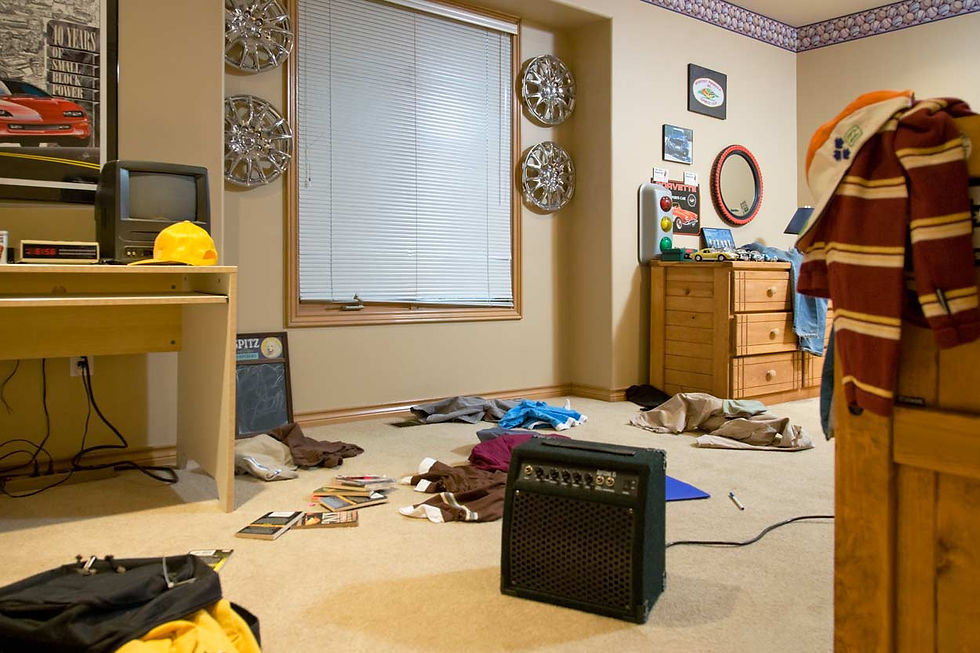Has Halloween Become Too Expensive?
- Gregory Devine

- Oct 31, 2023
- 3 min read
Last year my opinion on Halloween changed. What I once thought was consumerism at its finest was instead a fun night out. This year however I’m falling back into that original opinion.
I must admit I’m writing this before my Halloween night out begins so you might feel I’m not quite giving it a fair chance. I know I’ll enjoy the night out, that’s not the issue here. The issue is just how expensive Halloween now is. Once again, the doom and gloom of the cost-of-living crisis is showing its ugly head. Halloween costumes have never been cheap. Most basic ones at the costume shop were about £20 last year. This year they’re closer to £30. That’s already a huge chunk of money spent, and I’ve not even put the costume on yet.
Nightclubs will always raise their prices around Halloween. Its basic supply and demand. More people are more likely to go out over Halloween weekend so why wouldn’t the business try to make more money? Ticket prices, at least in Newcastle, are around £5 - £7 on average. This is just an entry to the club. This year I’ve seen most tickets be around £15 and even seen some higher than £20. Luckily life is sometimes who you know and not what you know so I managed to get a discount, but it still left my ticket price at £10.

So, I’ve not even made the club yet and I’m already £40 down. Not a single drink has been bought and already I’ve spent more than a weekly food shop. Drinks in nightclubs, especially on weekends, are almost not worth buying. They’re watered down and even then, they’re never the proper brands. Most students know this so will partake in every student's favourite past time… pre drinks! An average ‘pres’ before this year would cost you maybe £10 max. A small bottle of vodka would be max £7 for the local shop and then the mixer of your choice would be max £1.50. That’s not the case anymore. Even the cheapest bottle of vodka is around £10, the mixer will be under £2. We’re now on at least £50 and I’m still not at the club.
You can have plenty of pre-drinks but at some point, you’re still probably going to want a drink. A standard single vodka with lemonade or cola will set you back around £4 but with it being Halloween prices will no doubt rise. If you’re like me and don’t enjoy holding a drink in the club, you might be more inclined to purchase a Jager bomb. Problem with bombs is on their own they’re far too expensive but when you purchase 3, they sound more affordable. I always fall for this in clubs I have to admit. On average 3 bombs is about £10 but sometimes you’ll get 4 for £10. Now we’re on £60 and still quite early into the night.
It’s come to the end of the night, and you’ve managed to only purchase one drink or maybe a round in the club. You’re feeling hungry and fancy a takeaway. Best hope you’ve got some money left cause takeaways are very expensive nowadays. Anything you want will be once again around £10. If you want a pizza, you’ll be looking at even more. It’s time to go home. If you live close to the city centre, you’re lucky and will be able to walk home. I’ve walked back plenty of times, but it does take about an hour. A taxi takes about 10 minutes max. On a weekend that taxi will cost around £15 bringing the total cost of the night to around £80.
I think £80 is quite a reasonable estimate too. It can be done a bit cheaper, but it can also be done for a lot more money. The point is that it’s simply too much. I know going out isn’t an essential, I’m not for one minute trying to claim it is. But life, especially as a student, is also about having some fun. Halloween is one of these events that young people look forward to but when its going to cost me £50 minimum how can it be justified, especially when the actual price could be a lot more. Luckily, I can reuse a costume for last year but that still doesn’t stop the price of everything else being ludicrous.
The narrative that students go out all the time is complete rubbish, many of us can’t even afford the rent.







